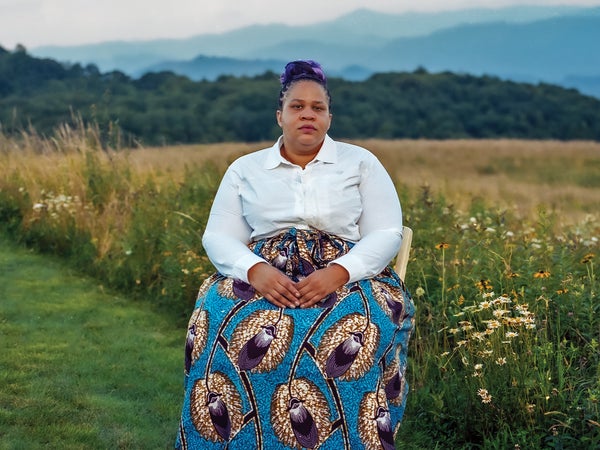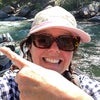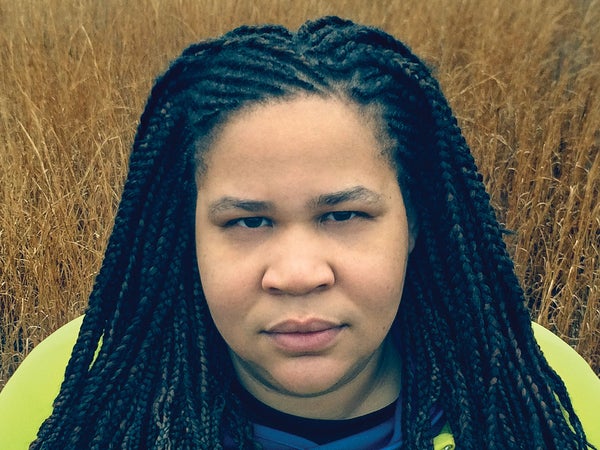Celebrating Black History Month
Celebrating Black History Month
The historian and author shows how wild places shaped the lives of female trailblazers
A Black southerner who grew up during the dying years of Jim Crow journeyed north as a young man to pursue life as a writer and scholar. Fate brought him back, and he fell in love with a troubled part of the state known around the world as the birthplace of the blues.
Since 1973, a groundbreaking organization has gathered thousands of Black snow-sports enthusiasts for a week of on-mountain revelry. But the event has always had a more serious mission, too: changing perceptions about who belongs on the slopes.
For as far back as she can remember, Mardi Fuller grew up in a world of swimming lessons and swim teams, which was unusual for a daughter of Jamaican immigrants. Why the emphasis on water? Because of a mysterious death that haunted her family’s past.
Researchers have identified an alarming lack of books about Black children in nature. Diversifying your bookshelf can help kids find themselves in literature—and the outdoors.
We talked to one of America’s best young writers about race and culture. The subject was an essay that helped fundamentally change our understanding of the challenges that historically marginalized people face in the outdoors.
Two years ago, Latria Graham wrote an essay about the challenges of being Black in the outdoors. Countless readers reached out to her, asking for advice on how to stay safe in places where nonwhite people aren’t always welcome. She didn't write back, because she had no idea what to say. In the aftermath of a revolutionary spring and summer, she responds.
The Twitter famous saurologist and cofounder of Black AF in STEM is helping to build a more inclusive scientific community—and spotting some very sneaky lizards along the way
There’s a common misconception that Black people don’t love wild places. Latria Graham, a southerner with deep connections to farms, rivers, and forests, says the problem isn’t desire but access—and a long history of laws and customs that have whitewashed our finest public lands.

















